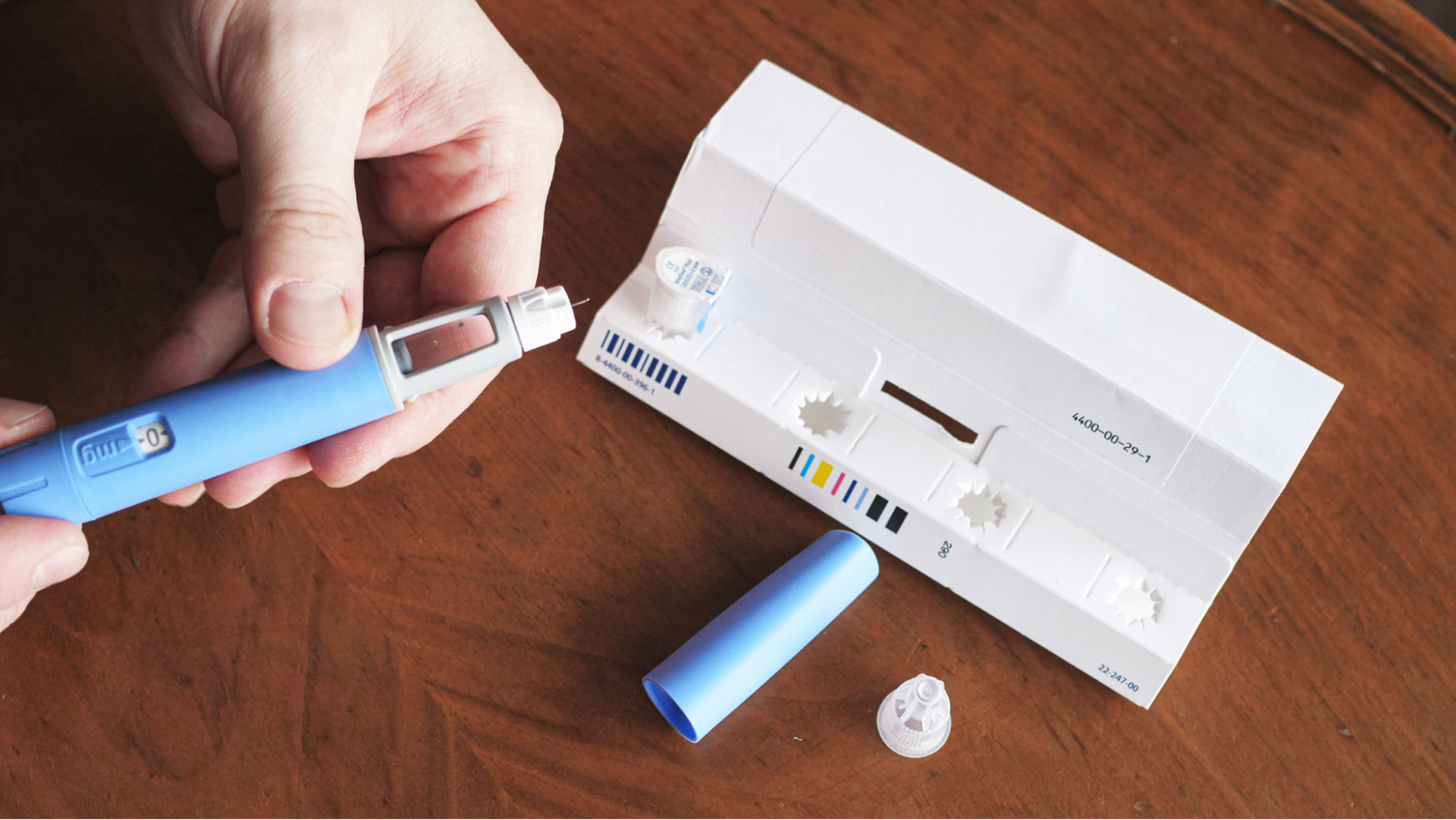How to Manage Menopausal Weight Gain: Causes and Solutions
Menopause is a natural stage in every woman’s life, but it often comes with physical and emotional changes—one of the most common being weight gain. Many women notice that, despite no significant changes to their eating habits or activity levels, they begin to gain weight—especially around the abdomen. This change can be frustrating, but it is largely due to real hormonal and metabolic shifts.
While menopausal weight gain is common, it is not inevitable, and with the right strategies, it can be managed or even prevented.
Why Do Women Gain Weight During Menopause?
The primary reason for weight gain during menopause is the decline in oestrogen levels, which affects how the body stores fat and uses energy. Here are the main contributing factors:
- Slower Metabolism: As oestrogen levels drop, metabolic rate decreases. This means your body burns fewer calories at rest, which makes weight gain more likely—even without eating more or moving less. (Source: Mayo Clinic)
- Fat Redistribution: With lower oestrogen, fat storage shifts from the hips and thighs to the abdomen, increasing visceral fat. This type of fat is stored around internal organs and can increase the risk of health issues such as type 2 diabetes and heart disease. (Source: Menopause Centre)
- Loss of Muscle Mass: Both ageing and hormonal changes lead to a gradual loss of muscle. Because muscle burns more calories than fat, having less muscle means your body uses fewer calories throughout the day.
- Increased Insulin Resistance: Menopause can increase the body’s resistance to insulin, which controls blood sugar. As a result, the body becomes more efficient at storing fat and less efficient at burning it. (Source: Better Health Victoria)
How to Lose Weight During Menopause: Practical Strategies
The good news is that menopausal weight gain can be managed with a proactive, realistic approach. Here are science-backed tips that can help:
- Eat More Protein and Fibre: These nutrients are key to maintaining muscle mass and reducing appetite. Lean proteins like fish, chicken, eggs, tofu, and legumes, along with high-fibre foods like vegetables, oats, berries, and whole grains, help you feel fuller for longer.
- Include Strength Training: Building or maintaining muscle is essential during menopause. Incorporate resistance training exercises—like weightlifting, yoga, or Pilates—at least two to three times per week. This helps counteract the loss of lean muscle and boosts metabolism.
- Add Regular Cardio: Complement strength training with cardiovascular activities such as brisk walking, cycling, swimming, or dancing. Aim for at least 150 minutes of moderate-intensity aerobic activity each week to support heart health and burn calories.
- Watch Portion Sizes and Calories: Because metabolism slows with age, your daily calorie needs may decrease. Pay attention to portion sizes, avoid mindless snacking, and prioritise nutrient-dense foods over highly processed options.
- Sleep Well and Reduce Stress: Lack of sleep and chronic stress raise cortisol levels, which can lead to increased fat storage, especially around the belly. Practice stress-reducing activities like meditation, deep breathing, or gentle stretching. Prioritise sleep by creating a calming bedtime routine and limiting screen time at night. (Source: British Menopause Society)
- Consider Medical Support: If you’re significantly overweight or struggling to lose weight, talk to your GP. Some women benefit from medically supervised weight loss programs, hormonal therapy, medications, or even bariatric surgery in extreme cases. Support from a dietitian, psychologist, or exercise physiologist can also make a significant difference.
Is Menopausal Weight Gain Inevitable?
Not at all. While hormonal changes do make weight management more challenging, lifestyle choices remain the most powerful tool for staying healthy during and after menopause.
Here’s a quick checklist:
- Daily movement: Aim to be physically active most days.
- Balanced eating: Focus on whole foods, not crash diets.
- Regular strength training: Maintain muscle to keep metabolism steady.
- Mindful habits: Manage sleep, stress, and mental wellbeing.
- Medical input: Ask for professional advice if weight becomes difficult to manage on your own.
Key Takeaway
Weight gain during menopause is influenced by hormonal, metabolic, and lifestyle factors. But it’s not out of your control. With consistent, balanced steps—tailored to your age and body—you can stay strong, maintain a healthy weight, and feel good in your skin.
Remember, menopause is a transition, not a setback. With knowledge and a practical plan, you can navigate this stage with confidence and vitality.
References:
- Mayo Clinic. "Menopause weight gain: Stop the middle age spread." Retrieved from Mayo Clinic.
- British Menopause Society. "Menopause, Nutrition and Weight Gain." (2023). Retrieved from BMS.


















